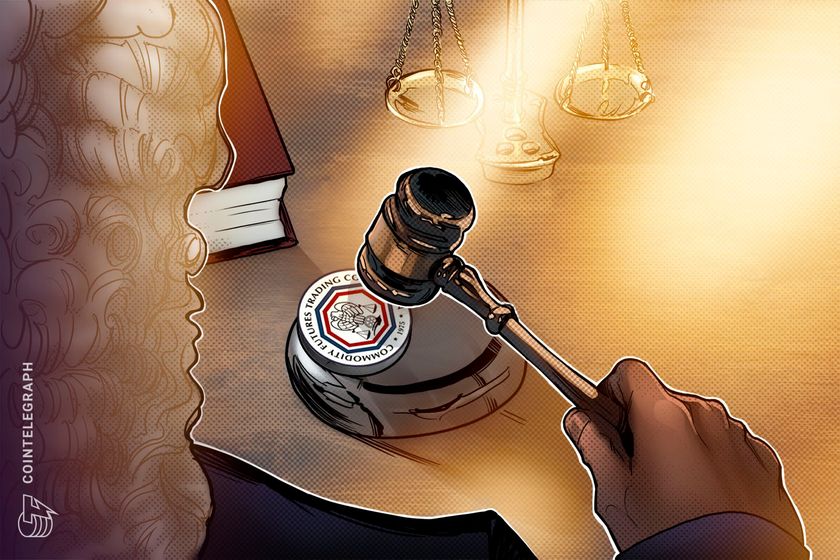Judge says CFTC exceeded its authority halting Kalshi election bets

According to Judge Jia Cobb, having Kalshi offer contracts on “whether a chamber of Congress will be controlled by a specific party in a given term” was not unlawful.
A federal judge has granted partial summary judgment in Kalshi’s case against the United States Commodity Futures Trading Commission (CFTC), paving the way for the prediction market to list bets related to elections.
In a Sept. 12 opinion filed in the US District Court for the District of Columbia, Judge Jia Cobb said that the CFTC “exceeded its statutory authority” by issuing an order halting Kalshi’s election markets. The commission argued that gambling on the US political races could disrupt markets and potentially threaten election integrity.
“Kalshi’s contracts do not involve unlawful activity or gaming,” said Judge Cobb. “They involve elections, which are neither. Although the Court acknowledges the CFTC’s concern that allowing the public to trade on the outcome of elections threatens the public interest, this Court has no occasion to consider that argument.”
According to Judge Jia Cobb, having Kalshi offer contracts on “whether a chamber of Congress will be controlled by a specific party in a given term” was not unlawful.
A federal judge has granted partial summary judgment in Kalshi’s case against the United States Commodity Futures Trading Commission (CFTC), paving the way for the prediction market to list bets related to elections.In a Sept. 12 opinion filed in the US District Court for the District of Columbia, Judge Jia Cobb said that the CFTC “exceeded its statutory authority” by issuing an order halting Kalshi’s election markets. The commission argued that gambling on the US political races could disrupt markets and potentially threaten election integrity.“Kalshi’s contracts do not involve unlawful activity or gaming,” said Judge Cobb. “They involve elections, which are neither. Although the Court acknowledges the CFTC’s concern that allowing the public to trade on the outcome of elections threatens the public interest, this Court has no occasion to consider that argument.”Read more